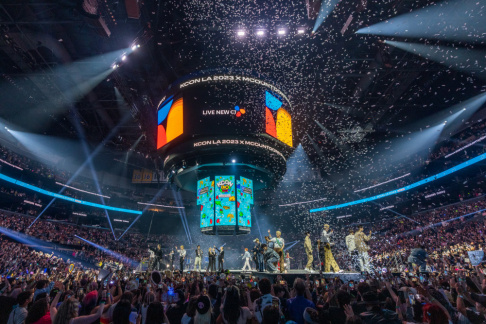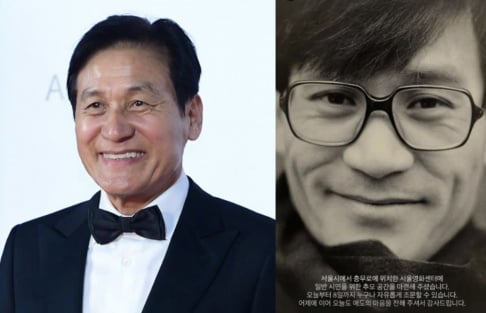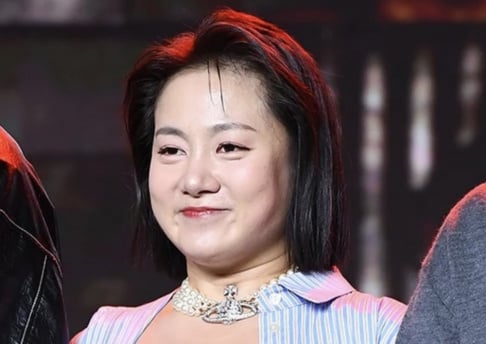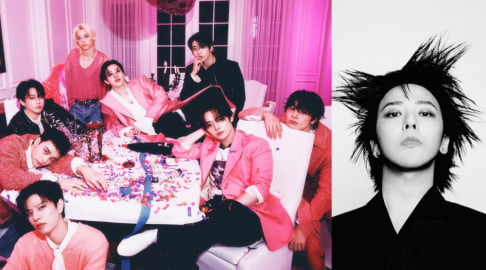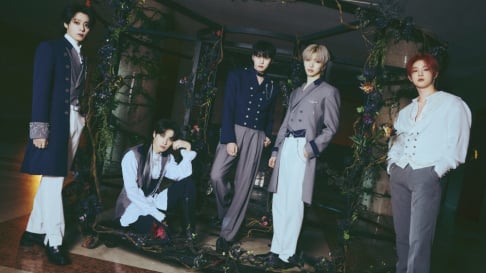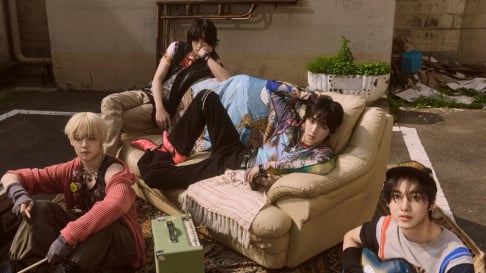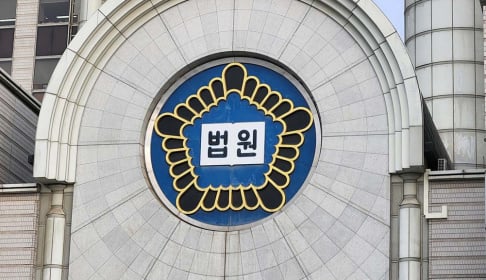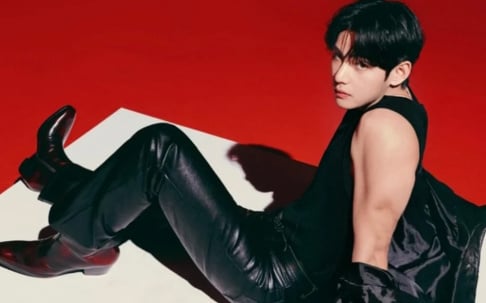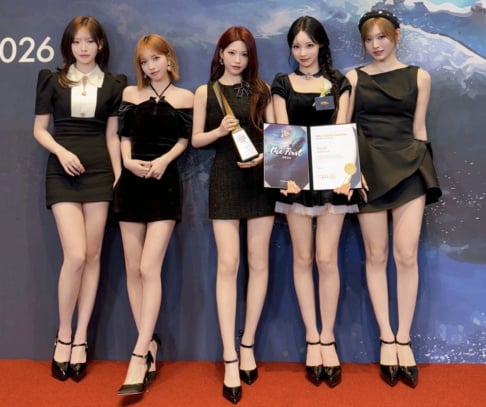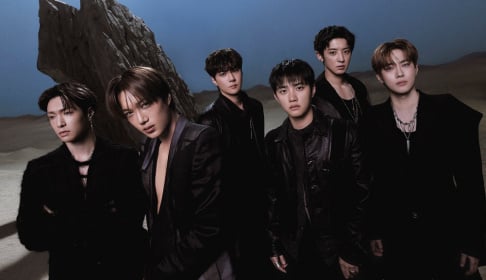
Netizens are in a frenzy once more, as recently there was a post of a screenshot with TXT’s Yeonjun explaining that he hopes boy groups can chart as well as girl groups. Due to this statement, many netizens were quick to voice their opinions and actually analyze the star for what he said.
Some netizens wrote comments stating that it’s obvious that male groups would chart lower than girl groups because of the natural demographics of their fan bases. Whereas female groups have a mix of male and female fans, male groups tend to only have a female based fanbase. Others have simply stated that male groups just have to work harder to get to the level of the girl groups.
However, what Yeonjun stated actually brought light to the issue of just how fast the limelight for male groups fades in comparison to female groups. Have you ever noticed that female groups have a longer span on stage than most male groups? Of course, there are occasional disbandments here and there, but generally speaking, girl groups do tend to stay together for a while.
The netizen that pointed out the fact that girl groups have a mixture of male and female fans versus male groups having mainly a female based fan club actually rings quite true too. When girl groups release a tune, even though one may not be a fan necessarily, oftentimes their songs are listened to by both genders. Whereas for male groups, it’s quite rare to find a fanboy and most of their listeners are female.
Not only that, but factoring in a key aspect of how males who are born in Korea are expected to also actively serve their term in the military for approximately a year and a half also cuts down the time that male groups can be in the spotlight. This mandatory military service often interrupts the momentum of a group's career, as members must pause their activities and leave the public eye for an extended period. Because after they serve, it’s rare to see a group reunite together and make a return. The disruption can lead to a loss of fans and reduced media attention, making it challenging for the group to regain their previous level of popularity. Moreover, the time away can result in changes in the music industry and fan preferences, making it even harder for these groups to reestablish themselves.
On the other hand, it seems as though with male groups, when they begin to gain popularity, that popularity spreads to the entirety of the group. This collective rise in fame can lead to a strong, united fanbase and significant media coverage for all members. In contrast, for female groups, it’s more common to see just one to two members that constantly get the limelight, endorsements, and such. This phenomenon often results in uneven distribution of attention and opportunities within the group, where certain members become much more prominent than others. Many K-Poppers have definitely seen that happen with groups such as IVE, wherein most of the brand endorsements went to Wonyoung and Yujin appearing on variety programs. Or a classic case is with HyunA and 4MINUTE, Suzy with miss A. In these instances, the spotlight on individual members can overshadow the group's collective identity, leading to potential internal dynamics issues and disparities in career trajectories post-group activities.
So is it true that ultimately in the end female groups do tend to last longer than male groups? What is your side of the debate? Do you believe that female groups have an inherent advantage in terms of longevity, or do you think that the success of a group ultimately depends on factors such as talent, management, and fan engagement? The discussion continues as fans and industry insiders weigh in on the various elements that contribute to the lifespan of K-pop groups. Share your thoughts and join the conversation on this intriguing aspect of the K-pop phenomenon.
 SHARE
SHARE
